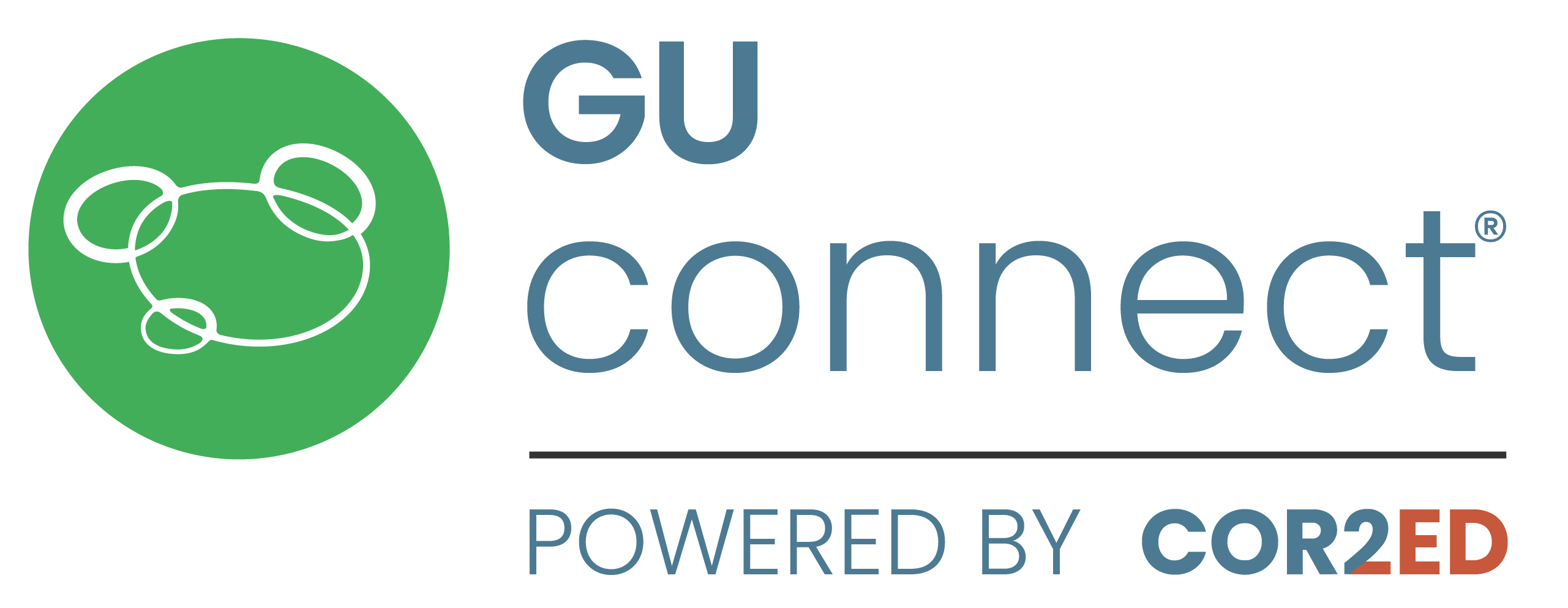Hello, I’m Dr Ray Manneh. I’m a medical oncologist from Colombia, and I’m here to present the highlights of 2020 from GU CONNECT.
Although in virtual mode, 2020 has brought numerous news and practice-changing trials. I’ll do a quick review about prostate, urothelial and kidney cancer, but before that I’ll do a quick review about the COVID-19 pandemic recommendations in GU tumours.
COVID-19 Recommendations
First, for patients we are treating with a curative intent, we should be more keen to use G-CSF and prophylactic antibiotics, trying to avoid hospitalisations. We should try to avoid immunosuppressive agents or steroids – for patients with metastatic prostate cancer, the ADT needs to be started immediately. This ADT can be delayed when patients are on new hormonal therapies, especially abiraterone and we should prefer the new hormonal agents, instead of chemotherapy, whenever it’s possible. For the agents, reducing the skeletal-related events, they may be better postponed. In metastatic kidney cancer with an IMDC of intermediate and poor risk, we should establish the first-line therapy as soon as possible.
Prostate Cancer Update
Now, talking about the data, the news from prostate cancer, we have three approvals from the FDA – two PARP inhibitors were approved, rucaparib and olaparib. And remember that the PROfound trial this year showed an advantage, in terms of overall survival, in the pre-treated castration-resistant prostate cancer setting, with HRR alterations. The other approval was for PSMA PET-imaging, that is now available in the United States.
The era of targeted therapy in prostate cancer is here, and the IPATential 150 trial evaluated ipatasertib, that is an oral AKT inhibitor, that was combined with abiraterone and compared with abiraterone alone for the first-line setting in metastatic castration-resistant prostate cancer.
We saw an impact in terms of progression-free survival. This impact is more notable in the PTEN loss population that accounts for around 50% of these patients so we have a biological rationale, an active drug and interesting clinical data.
Other interesting data from prostate cancer came from the SPARTAN, ARAMIS and PROSPER trials. We finally saw an advantage in terms of overall survival in the non-metastatic castration-resistant prostate cancer setting so this reinforces our current clinical practice.
Bladder Cancer Update
Now moving on to urothelial carcinoma, the main news came from ASCO last year at the plenary session which presented the results of the JAVELIN Bladder 100 trial.
That is a trial that evaluated avelumab as a maintenance strategy versus best supportive care after first-line platinum-based standard chemotherapy. We saw an advantage in terms of overall survival with a median overall survival of 21.4 months for the avelumab group. So we have a new standard of care – avelumab as a maintenance therapy after chemotherapy when patients get a stable disease or response.
Kidney Cancer Update
Now moving onto kidney cancer, a quick review. The main news came from ESMO last year. There were presented the CheckMate 9ER trial. The trial tested cabozantinib plus nivolumab vs. sunitinib. We saw a clear impact in terms of progression-free survival and overall survival. The progression-free survival was the primary endpoint, we had a hazard ratio of 0.51. The main point I’d like to tell you about this trial is that we have a really low rate of primary progressors with this combination, so it will be interesting to have this combination in the clinical practice and we hope for new combinations in 2021.
So that’s a quick review of the highlights of 2020 on behalf of GU CONNECT, you can get more information at guconnect.cor2ed.com. Thank you very much.




 Downloadable
Downloadable  20 MIN
20 MIN
 Feb 2026
Feb 2026 







